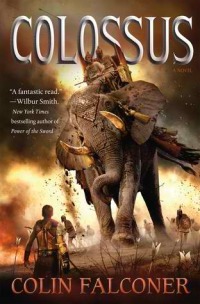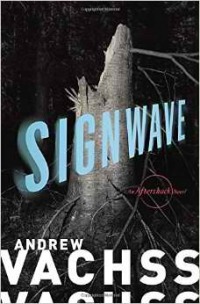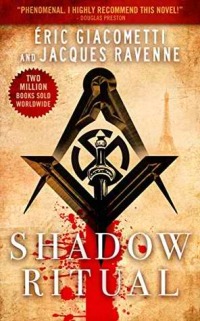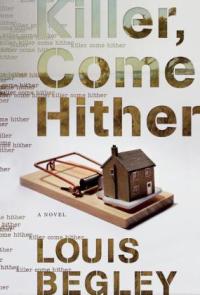Dead Girl Walking by Christopher Brookmyre
 Friday, June 19, 2015 at 10:40AM
Friday, June 19, 2015 at 10:40AM 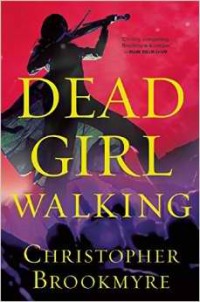
Published by Atlantic Monthly Press on April 21, 2015
On the strength of his Jasmine Sharp/Catherine McLeod novels, Christopher Brookmyre is near the top of my growing list of Scottish writers whose crime fiction I admire (only in part due to the joyfully creative swearing that seems to characterize Scottish crime fiction). I particularly enjoy Brookmyre's ability to craft clever sentences. In Dead Girl Walking, he describes one of the bad guys as having "a domed head you could smack with a fence post for hours before you got bored." Gotta love that.
Unfortunately, I did not love Dead Girl Walking as much as I enjoy the Sharp/McLeod books. Dead Girl Walking stars beleaguered journalist Jack Parlabane. DS Catherine McLeod makes a cameo appearance but not until 300 pages have gone by. I have not read the earlier Parlabane novels so that might explain my reaction to this one, although Dead Girl Walking works well as a stand-alone novel.
Heike Gunn is the temperemental lead singer for Savage Earth Heart, a Scottish band that achieved fame on the basis of a song that became a hit after it was played on an American TV show. When Heike failed to appear at the last show of their most recent tour, the band's publicist, Mairi Lafferty, covered her absence by making an excuse about a throat infection. In truth, Mairi has no idea why Heike disappeared. It quickly becomes apparent to the reader (from her unpublished blog entries) that the band's new fiddler, Monica Halcrow, knows something about Heike's disappearance, but Monica has also made herself scarce.
Mairi hires Parlabane to find Heike. Parlabane is an investigative journalist who has been unemployed since he upset the government by refusing to divulge his sources. His history of resorting to burglary and hacking also makes him unpopular with certain police officers. Since Parlabane once covered the music industry, Mairi figures he will be the perfect undercover investigator.
Chapters alternate between the perspectives of Parlabane as he investigates Heike's disappearance and those of Monica, who blogs her experiences in the band. Both characters learn that Heike was widely seen as a self-absorbed user who gets what she can from people and abandons them. Heike has the ability to make both women and men desire her, an ability that might provoke jealousy or worse. While waiting for the two stories to converge, the reader will assemble a list of characters who might have a motive for doing something bad to Heike.
The plot is full of complications. Some women who join the Savage Earth Heart tour bus, allegedly part of a marketing scheme for a promoter, are not what they appear to be. Monica's deteriorating relationship with her fiancé, Heike's busted relationship with the band's former fiddler, and the dissatisfaction of current band members with Heike may or may not have something to do with Heike's disappearance.
The plot is solid, the characters are engaging, the prose is fine. So why didn't I love Dead Girl Walking? It lacks energy. I am surprised the story was not told with greater urgency and intensity. The pace is never plodding, but it is too deliberate. While I enjoyed Dead Girl Walking, Brookmyre didn't excite me in the way that he has in the Sharp/McLeod novels. Dead Girl Walking still earns my recommendation, and an intriguing ending sets up the next book in the series, which I'll probably read. I just hope it is a bit more energetic than this one.
RECOMMENDED
